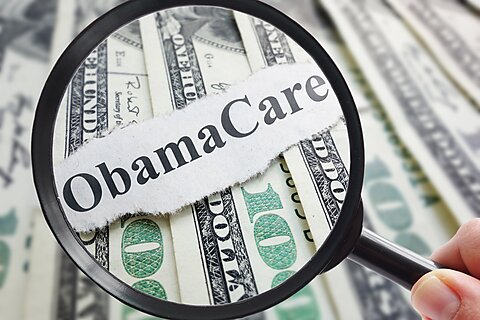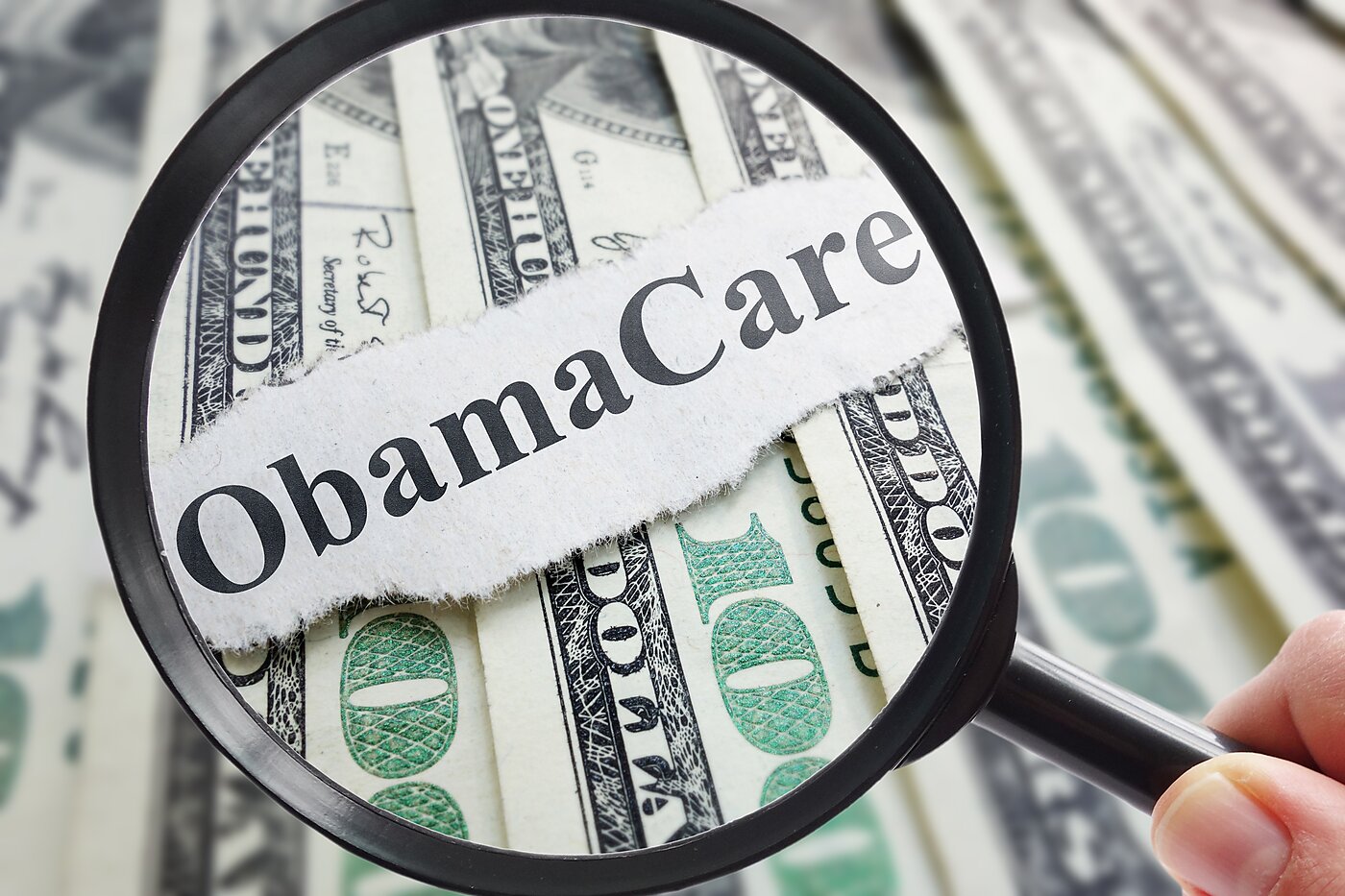At the center of the government shutdown is a disagreement over whether to extend a temporary pandemic-era expansion of the Affordable Care Act’s premium tax credits. These subsidies cover health insurance premiums for the roughly 7 percent of Americans who use the government-run Obamacare insurance marketplace. Sold as a temporary boost during the COVID-19 pandemic, the subsidies are costly, fraud-prone, and primarily pad insurance companies’ profits.
While the pandemic plus-up expires at the end of 2025, the originally designed Obamacare subsidy is permanent. The temporary expansion, enacted under the American Rescue Plan Act and later extended by the Inflation Reduction Act, increased the size and made the subsidies more widely available.
Here are six reasons Congress should not extend the inflated pandemic insurance subsidies:
Costs almost half a trillion dollars. The Congressional Budget Office recently estimated that permanently extending the COVID-19 subsidies would increase the deficit by $350 billion over ten years, plus another roughly $60 billion in additional interest costs to finance the spending. Total spending, a better measure of the size of government, would increase by more than $488 billion. Sarah Wagoner at the Economic Policy Innovation Center notes that this extra cost is more than Congress spends on many federal agencies, such as the National Aeronautics and Space Administration (NASA) or the Environmental Protection Agency (EPA).
Funds the well-off. The base Obamacare subsidy caps what households earning below 400 percent of the federal poverty line pay for a benchmark marketplace health plan. The temporarily expanded subsidies eliminated the 400-percent-of-poverty cap, allowing some Americans with incomes of almost $600,000 to qualify for government benefits. Roughly one-third of the boosted subsidies go to people with incomes above 400 percent of the poverty level. The expansion also cut the required contribution percentages across the board, reducing or eliminating enrollees’ out-of-pocket costs.
Subsidizes insurance companies, not patients. Unlike other tax credits that individuals claim on their tax returns at the end of the year, most premium tax credits are paid in advance, directly to insurance companies, to lower the monthly premium bill. These direct subsidies allow the insurance industry to shift the vast majority of rising premiums onto taxpayers. Paragon Health Institute notes that these subsidies have been largely incorporated into insurance company profits. Since the premium subsidies were created in the Affordable Care Act, along with other industry-favorable spending increases, health insurer stock prices have increased more than 1,000 percent (compared with 251 percent growth for the S&P 500).
Rampant enrollment fraud. Covering the full premium costs of many marketplace plans led to significant enrollment fraud. A recent Paragon report estimates that the program has more than 6.4 million improper enrollees, costing taxpayers $27 billion in 2025. There are also 11.7 million enrollees (more than one-third of the marketplace) who have not filed any claims for their heavily subsidized insurance benefits. This means “tens of billions in federal subsidies are flowing to insurers and brokers for phantom enrollees.” Even when enrollees do not make a single claim, insurers keep the subsidies. The threefold increase in these “zero-claim” enrollees since the COVID-19 subsidy expansion corroborates estimates of widespread fraud and reporting on insurance brokers gaming the system.
High cost for little patient value. The Congressional Budget Office estimates that without the expanded COVID-19 subsidies, 3.8 million Americans would choose not to purchase insurance in 2035 and instead spend their money on something they value more. If the expanded subsidies expire, the average enrollee at 150 percent of the poverty line would be expected to pay less than $15 per week for a subsidized plan (8 percent of the total cost, the rest paid for by taxpayers). This is an increase from the fully subsidized pandemic rate of zero out-of-pocket expense. Many of the people who will “lose coverage” may simply not value the services provided by the government-designed insurance plans. This is likely most true for the 12 million people who did not use their coverage at all.
Temporary emergencies should not justify permanent entitlements. The enhanced COVID-19 subsidies were enacted as a pandemic relief measure, not as a structural expansion of the Affordable Care Act. Congress should resist the natural inclination to let temporary crises permanently expand the size and scope of government. As Cato’s Dominik Lett documents, Congress has spent at least $15 trillion through “emergency designations” since 1991, repeatedly using crises as justification for new outlays. Lawmakers rightly allowed many other COVID-era subsidies to expire with little disruption, such as the enhanced Child Tax Credit and Earned Income Tax Credit. Letting the expanded COVID-19 premium tax credits expire as scheduled would similarly curb the cycle of crisis-driven spending and restore a measure of fiscal discipline.
Conclusion
Biden’s pandemic-era Obamacare premium subsidies were sold as temporary relief but have instead produced fraud, phantom enrollees, and subsidies for wealthy taxpayers who don’t need them. The program funnels billions of taxpayer dollars to insurers and middlemen while distorting the individual market and doing little to expand meaningful access to care. Congress can stand up to the insurance industry by letting these temporary COVID-era subsidies expire as scheduled. Or better yet, repeal them entirely. The enhanced subsidies are a costly reminder of how temporary government programs can become billion-dollar permanent entitlements.


